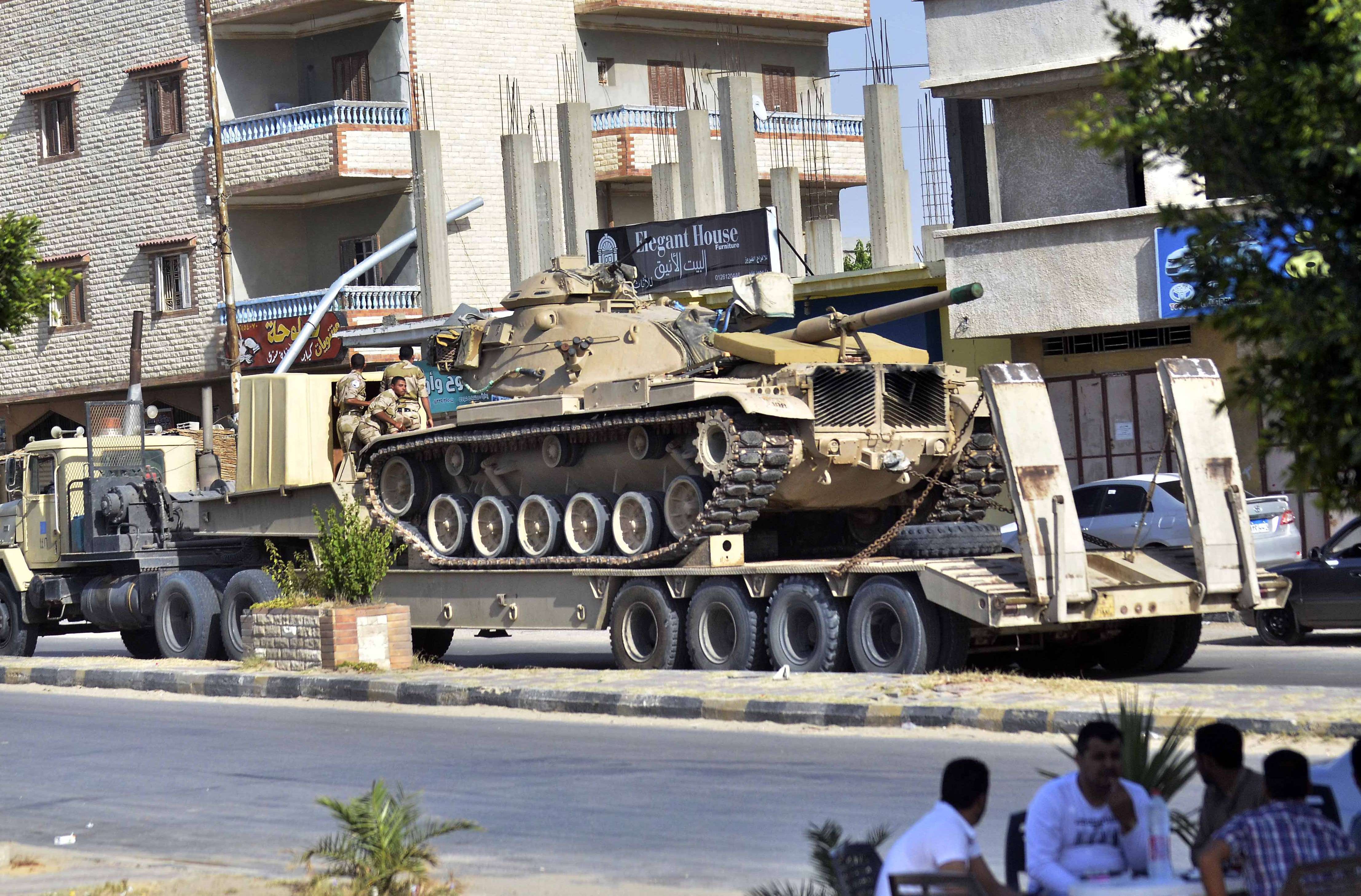Associated Press
CAIRO: Former U.N. chief weapons inspector Hans Blix on Thursday said it would be at least a decade before Egypt and Jordan could launch a nuclear program and urged Egypt to sign additional protocols allowing for greater inspection oversight.
Blix also said it was not illegal for Iran to enrich uranium but stressed that having the capacity to produce nuclear fuel creates tension in the Middle East. Iran s controversial nuclear program, which it says is for peaceful purposes but the U.S. accuses it of secretly developing atomic weapons, has prompted Egypt, Jordan and the Gulf Arab states to express interest in creating their own peaceful programs.
Some warn that the flurry of nuclear program ambitions could lead to a dangerous proliferation of nuclear technology -or even weapons – in the volatile region. But Blix said he supported Jordan and Egypt s aims.
I am positive to Jordan and am also positive to Egypt for nuclear power. It takes a little while to do this, at least 10 years, Blix told reporters in the Egyptian capital.
He named three areas of concern that must be addressed before Arab countries would be ready to launch their programs: operational safety, waste disposal safety and nonproliferation.
We will need then to have a system … of commitments on nonproliferation and a system of inspection in place to give the confidence, he said.
Blix urged Egypt to sign on to more stringent protocols giving the International Atomic Energy Association, the UN watchdog, greater access to information and inspections. Jordan has agreed to the additional measures, according to the IAEA.
I think it is desirable for world confidence that nuclear power is being used for peaceful purposes. A good and effective inspection system is needed. I hope Egypt joins as soon as possible, he said.
After two decades of freezing its nuclear program, Egyptian President Hosni Mubarak called for Egypt to revive plans for a nuclear program that were publicly shelved in the aftermath of the 1986 accident at the Soviet nuclear plant in Chernobyl.
Last month, the Supreme Council for Energy created a committee to explore the program s possibilities. It was the first time the council had convened in 18 years, according to the leading Al-Ahram pro-government newspaper. Minister of Electricity and Energy Hassan Yunis said Egypt could have an operational nuclear power plant within 10 years. The plan is to build a 1,000 megawatt nuclear power plant at Al-Dabaa on the Mediterranean North coast, he said.
Yunis estimated that construction would cost $1.5 billion (-1.16 billion), and the government would likely seek foreign investment to finance the project. Egypt already produces some 84 billion kilowatt-hours of electricity annually, some of which is exported to neighboring countries. But Egypt s demand for electricity increases by an average of 6 to 7 percent each year.
In February 2005, the IAEA disclosed that it was investigating Egypt s nuclear activities. It concluded that Egypt had conducted atomic research for as long as four decades, but the research did not aim to develop nuclear weapons and did not include uranium enrichment.
Earlier this month, Jordan s King Abdullah II also said he wanted to develop nuclear capabilities, saying his kingdom wanted nuclear power for peaceful purposes and has been discussing it with the West.
Egypt and Jordan have both signed the Nuclear Nonproliferation Treaty and have long called for a Middle East free of weapons of mass destruction. When asked about Iran, Blix said that Tehran should be offered assurances that it will not face military actions and rewards for normalizing relations with the rest of the world.
The UN Security Council imposed limited sanctions on Iran last month over its defiance of international demands to halt uranium enrichment, a process that produces the material for nuclear reactors or bombs. Tehran says that as a signatory to the Nuclear Nonproliferation Treaty, it has the right to develop a peaceful uranium enrichment program to produce nuclear power.
It s not illegal what they are doing unless you could prove that there is intention to go for weapons. But it s not illegal to plan to go for fuel, Blix said. US officials have long refused to rule out any options against Iran but said military action would be a last resort.
Blix also discounted the possibility of US military action against Iran.
I don t think that this is the direction they are moving on to now, he said. The US public opinion, and it means a lot, is essentially against military action.
Blix led the UN inspectors who searched for weapons of mass destruction in Iraq before the US-led invasion in 2003. He now heads the Stockholm-based Weapons of Mass
Destruction Commission, which is sponsored by the Swedish government.


